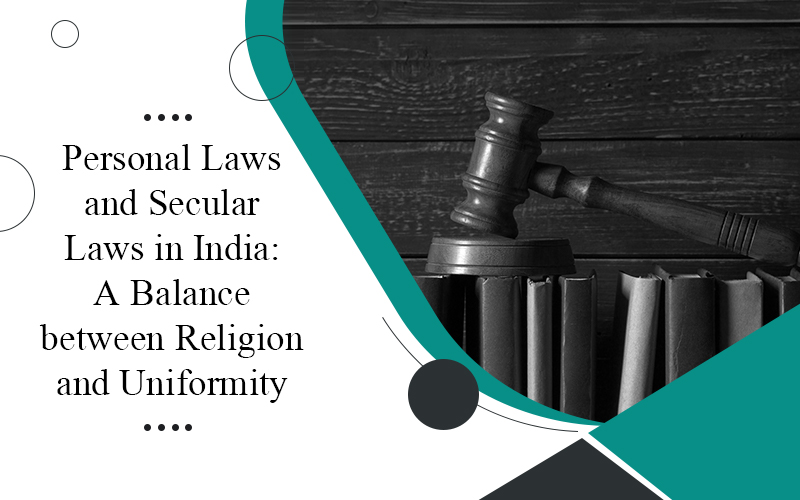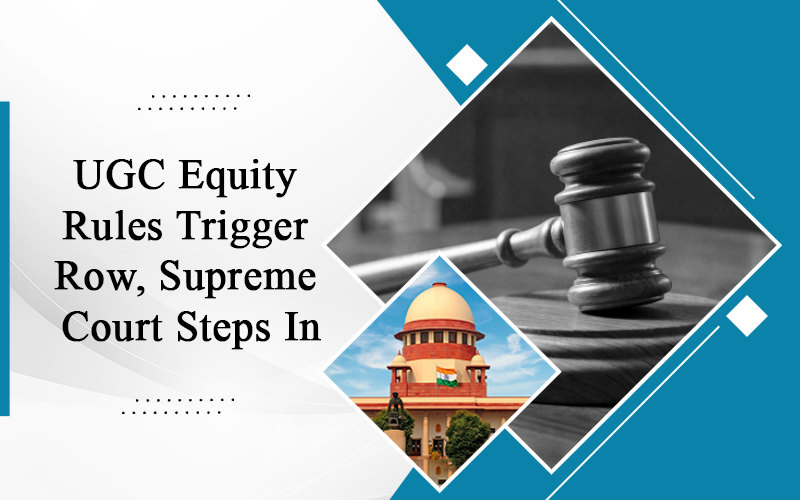India, a nation with diverse religions and cultures, has a unique legal system that incorporates personal laws for different religious communities. These laws govern matters like marriage, divorce, inheritance, and adoption. For Hindus, including Buddhists, Jains, and Sikhs, the Hindu Marriage Act, 1955 and other related personal laws are applied in various aspects of family life. Simultaneously, India also has secular laws, such as the Special Marriage Act, 1954, which offer a legal framework for marriage irrespective of religion, promoting secularism and uniformity.
Hindu Marriage Act and Its Applicability
The Hindu Marriage Act, 1955 governs marriage and divorce for Hindus, Sikhs, Buddhists, and Jains. It defines legal marriage, outlines grounds for divorce, and addresses issues like legitimacy, adoption, and maintenance. Though primarily for Hindus, the law extends to cover non-Hindus like Buddhists, Jains, and Sikhs, treating them under the broader umbrella of “Hindus” for legal purposes.
Secular Marriage under the Special Marriage Act
For those who do not wish to marry under their respective personal laws, the Special Marriage Act, 1954, provides an alternative. It is a secular law that allows individuals of any religion, or even those with no religion, to marry under a civil framework. This law is particularly important for interfaith couples who may face challenges under religious personal laws.
The Special Marriage Act has several progressive features:
- Interfaith Marriage: Couples from different religious backgrounds can marry without needing to convert or adhere to specific religious ceremonies.
- Civil Procedure: The marriage is solemnized through a civil ceremony before a marriage officer, without any religious rituals being necessary.
- Registration of Marriage: Marriages under this Act are automatically registered, unlike some personal laws where registration may not be mandatory.
- Rights in Divorce and Maintenance: The Act provides gender-neutral grounds for divorce, focusing on equality in matters of maintenance, alimony, and property rights.
Applicability of Hindu Personal Laws to Non-Hindus
An interesting aspect of India’s legal system is that Buddhists, Jains, and Sikhs are governed by Hindu personal laws in several areas, including marriage, divorce, adoption, and inheritance. Despite being distinct religious communities with their own traditions and practices, these groups are legally categorized as Hindus for certain purposes. This classification comes from historical reasons, as these religions are considered offshoots of Hinduism.
The Need for Uniformity and Flexibility
While India’s legal framework balances personal and secular laws, there is an ongoing debate about the need for a Uniform Civil Code (UCC) that would apply to all citizens irrespective of religion. Proponents of the UCC argue that it would simplify legal procedures, ensure gender equality, and promote national unity. Critics, however, argue that imposing a uniform code may infringe on the cultural and religious autonomy of various communities.
Conclusion
India’s dual system of personal and secular laws reflects the country’s commitment to both religious freedom and legal uniformity. While Hindu personal laws govern Hindus, including Buddhists, Jains, and Sikhs, secular laws like the Special Marriage Act provide an inclusive framework for individuals and interfaith couples.





One Response